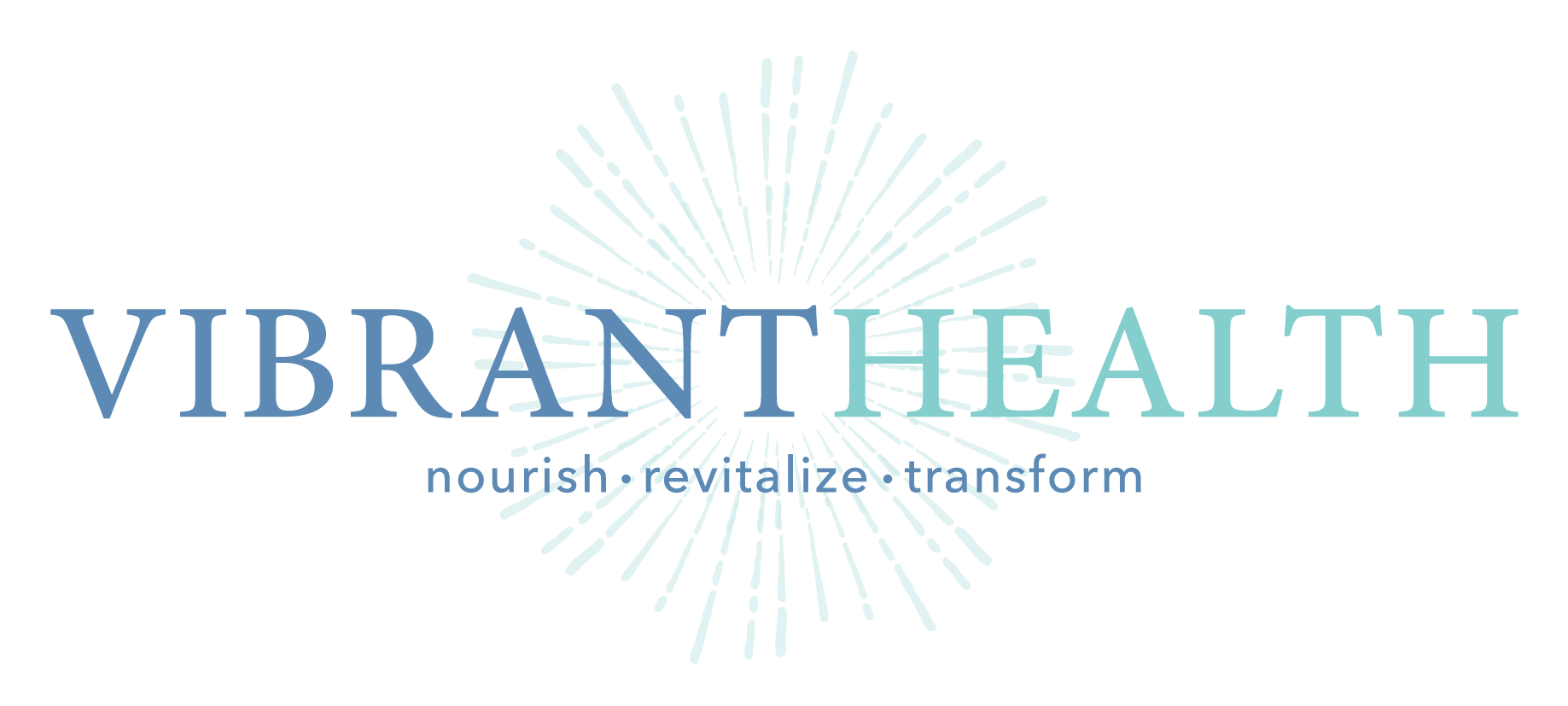Autism & Gut Health in Newington, NH

Gastrointestinal issues, especially irritable bowel syndrome (IBS), occur at a higher rate in autistic people compared to others. As such, some healthcare providers believe that promoting gut bacteria health with the GAPS diet can improve the cognition and behavior of autistic people. To schedule a consultation with a qualified healthcare professional in Newington that can help you implement a treatment plan for autism that includes a gut bacteria autism diet, call (207) 536-9661 or contact Dr. Nicole Schertell online.
What Is Autism?
Often called autism, autism spectrum disorder (ASD) is defined by the Autistic Self-Advocacy Network as a developmental disability. Autism now includes the following neurodevelopmental disorders that were previously diagnosed separately: autism, childhood disintegrative disorder, Asperger’s syndrome, and pervasive developmental disorder not otherwise specified (NOS).
Common autistic traits include:
- Underdeveloped mental skills used to accomplish tasks (executive dysfunction)
- Unusual sensitivity to certain stimuli
- Non-standard ways of learning and approaching problem solving
- Special interests (deep, passionate interests in specific subjects)
- Atypical, often repetitive, and sensory-seeking movement; stimming--self-stimulatory repetitive behavior--may be used to self-soothe, focus, or express distress or excitement
- A need for consistency, routine, or order
- Difficulties understanding and expressing communication; some autistic people may never speak and use sign language or augmentative and alternative communication (AAC), while others may become non-speaking under stress
- Communication that is extremely self-referential
- Difficulties understanding and expressing typical social interaction behavior, such as being uncomfortable with eye contact or not understanding sarcasm
- Poor interoception (being unable to sense your body's internal state, such as identifying hunger, the need for sleep, or the need to eliminate waste)
Understanding the Theory Behind GAPS
Gut and Psychology Syndrome (GAPS) refers to a wide variety of health problems caused by imbalance in gut bacteria. Human gut health relies upon the proper balance and functioning of the natural intestinal microbiota, or gut bacteria, which feed on and help to digest foods in the digestive tract while also contributing to proper immune function.
Dr. Natasha Campbell-McBride, the coiner of the term GAPS and inventor of the GAPS diet, states that autism--as well as many other conditions like dyslexia, ADHD, depression, and schizophrenia--is caused at least in part by GAPS. Though not scientifically proven, the theory behind the GAPS diet states that toxins are produced by gut bacteria that are out of balance, and the toxins can then pass into the bloodstream and reach the brain.
Autism GAPS Diet
The GAPS diet is an elimination diet designed to treat autism; this gut bacteria autism treatment may also be able to treat conditions like:
- Crohn's disease and ulcerative colitis
- Depression
- Schizophrenia
- ADHD
- Dyslexia
- Bipolar disorder
- Obsessive-compulsive disorder (OCD)
The goals of the GAPS diet are to repair the gut, balance gut bacteria, and promote natural healing. The diet focuses on three areas: nutrition, supplementation, and detoxification, and consists of three phases:
- Elimination: During this phase, all foods are eliminated from the diet except for bone broth, juices from probiotic foods, kefir, and homemade yogurt. Acceptable foods are then slowly reintroduced.
- Maintenance: This diet is maintained for one and a half to two years.
- Reintroduction: After the maintenance phase, a normal diet can slowly be resumed.
Nutrition
In addition to encouraging food allergy testing and eliminating allergy-causing foods, the GAPS diet restricts the following foods:
- Grains
- Starches
- Processed/refined carbohydrates
- Commercial dairy
Recommended acceptable foods for the GAPS diet are low in carbohydrates and high in protein. The following foods can be eaten during the maintenance phase and reintroduced slowly during the elimination phase:
- Eggs
- Vegetables
- Fresh meat, preferably organic and grass-fed
- Fish and shellfish
- Fermented foods, like kefir and sauerkraut
The GAPS diet also suggests eating the following at every meal during the maintenance phase:
- Animal fats
- Coconut oil
- Cold-pressed olive oil
- Fermented foods
- Bone broth
Supplementation and Detoxification
Supplementation in the GAPS diet can be tailored to each individual, but usually involves prebiotics, probiotics, and omega-3 fish oil, all of which may be able to ease gastrointestinal symptoms and balance gut bacteria. Proponents of the GAPS diet believe that detoxification cleanses may help eliminate toxins from the body, specifically from the intestines. Detoxification may include milkshakes made with freshly pressed organic fruits, vegetables, and herbs; undergoing enemas; or limiting exposure to heavy metals.
Request Your Appointment Today
According to Dr. Campbell-McBride, the GAPS diet could drastically improve cognition, executive function, and communication skills in autistic people, especially children. To schedule a consultation with a qualified healthcare professional in Newington who can discuss if the GAPS diet is right for you, call (207) 536-9661 or contact Dr. Nicole Schertell online.
Vibrant Health Naturopathic Medical Center
Address
3 Riverside DriveGreenland, NH 03840
(207) 536-9661
www.vibranthealthnaturalmedicine.com
Hours
Mon:
8:30 am - 5:00 pm
Tue:
9:00 am - 5:00 pm
Wed:
10:30 am - 5:00 pm
Thu:
9:00 am - 5:00 pm
Fri:
10:00 am - 4:00 pm
Sat:
Closed
Sun:
Closed


